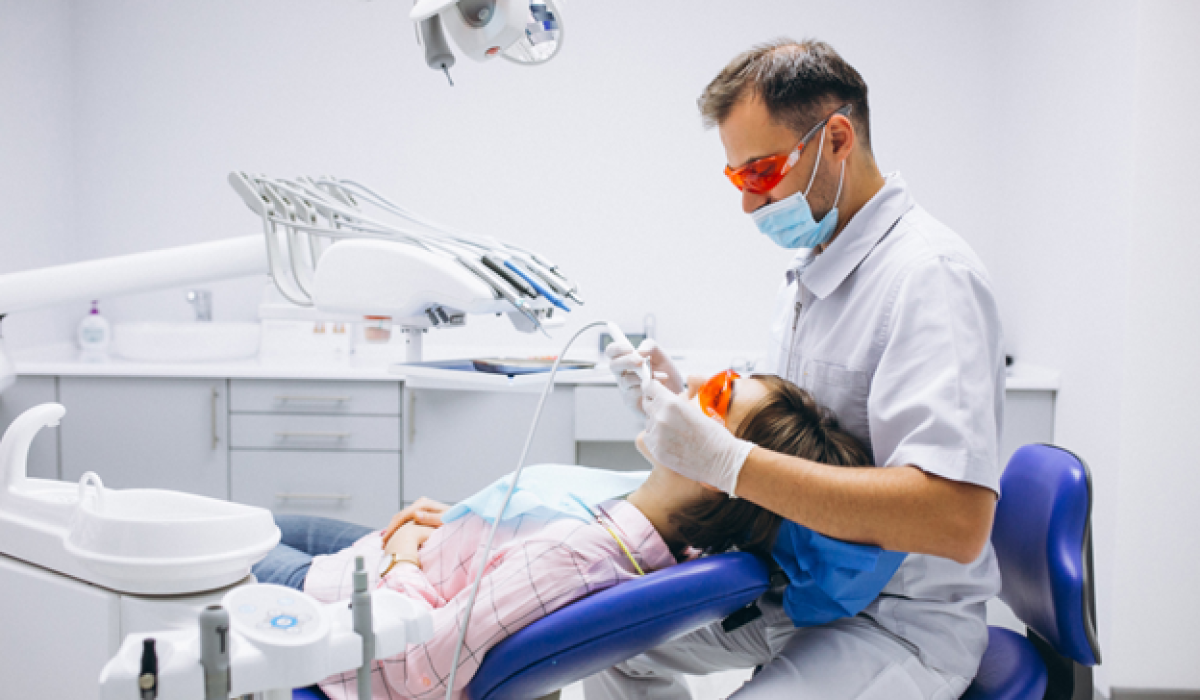Fluoride plays a crucial role in maintaining oral health, serving as a shield against cavities and tooth decay. In India, dental issues are on the rise, driven by factors such as diets high in sugar and inadequate oral hygiene practices. Understanding what is fluoride treatment helps people make informed decisions about their dental care to combat these growing concerns.
Understanding Fluoride: Nature and Benefits
Fluoride, a mineral found in nature, has been used in dental care for decades. Historically, communities that consumed water with natural fluoride levels experienced fewer cavities. What is fluoride doing? It strengthens your teeth by helping them rebuild, or remineralize, keeping them healthy and resistant to decay.
Global Fluoride Practices vs. India
Internationally, fluoride usage is a common practice in dental care, reducing cavities significantly. In India, adoption is slower, affecting its dental health statistics negatively. Learning what is a fluoride and its benefits can enlighten Indian communities on improving their practices and ensuring better dental health outcomes.
Fluoride Treatment: Preventive Dental Care
What is dental fluoride treatment and how does it work? It strengthens the tooth enamel, the hard outer surface of your teeth, making it more resistant to decay. Children, adults, and seniors all benefit, reducing cavity risks and long-term dental issues. The practicality of such treatments includes:
- Cavity Reduction: By enhancing the enamel’s strength, cavities are less likely to form.
- Cost Benefits: Fewer cavities mean less spending on complex dental procedures.
What does a fluoride rinse do? It refreshes oral health by directly affecting teeth surfaces, providing immediate benefits in maintaining stronger enamel.
Addressing Rising Dental Concerns in India
High incidences of dental problems in India are alarming. Understanding what is fluoride treatment and adopting it can significantly lower these rates. Making this treatment a part of regular dental care can provide Indian communities with a robust solution for better oral health.
Debunking Myths about Fluoride
Many myths about fluoride persist. Some believe it’s unsafe, but scientific studies prove otherwise. What do fluoride treatments do? They provide a non-intrusive way to keep teeth healthy. Experts consistently support its benefits, reinforcing the safety and necessity of topical fluoride treatment.
Practical Recommendations for Fluoride Use
To maximize fluoride treatment, follow these easy tips:
- Treatments are most effective when used regularly, as per American Dental Association guidelines.
- What not to eat after fluoride treatment? Avoid hard, crunchy foods and sticky sweets to protect your treated teeth.
Accessibility and Implementation in India
Fluoride treatments are accessible in urban areas but limited in rural regions. Initiatives such as community programs are essential for broader reach, ensuring that more people understand what is fluoride in dentistry and its benefits.
Conclusion: Long-term Benefits of Fluoride
Investing in fluoride is investing in your oral health. It safeguards teeth for the future, reducing dental issues. Consulting a dental professional helps personalize recommendations for your needs and understanding the full scope of what is fluoride application.
Testimonials from Health Professionals
Dentists universally endorse fluoride for its proven track record. These treatments not only enhance oral health but also significantly reduce decay. Such professional endorsements assure community members about the efficacy of fluoride, as seen in numerous successful cases.
Comparing Alternatives to Fluoride Treatment
Other dental interventions include treatments like sealants and restorative dentistry. However, these often come with higher costs and complexities. Fluoride remains top-tier because of its simplicity and cost-effectiveness. Discovering what is topical fluoride treatment shows it’s preferred globally for preventive care, making it ideal for comprehensive oral health.



